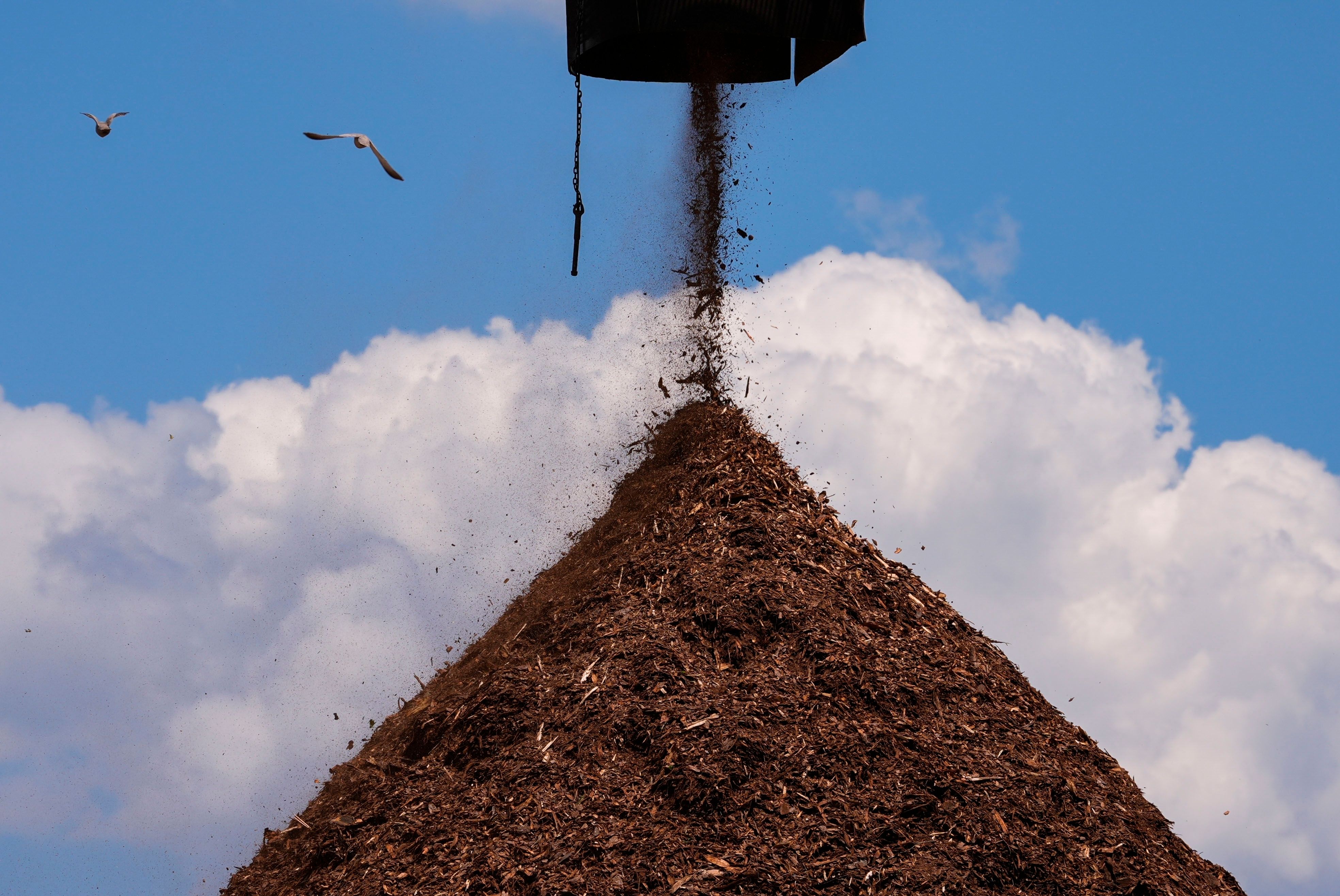Wood Pellet Mills Are Prone to Catching Fire. Why Build Them in California?
Wood Pellet Mills Are Prone to Catching Fire. Why Build Them in California?
Wood pellet mills are facilities used to produce wood pellets, which are a type of biofuel...

Wood Pellet Mills Are Prone to Catching Fire. Why Build Them in California?
Wood pellet mills are facilities used to produce wood pellets, which are a type of biofuel commonly used for heating and electricity generation. These mills are known to be prone to catching fire due to the highly combustible nature of the wood particles and dust involved in the pellet production process.
Despite the fire risk associated with wood pellet mills, many of them are still being built in California. This raises the question – why would anyone choose to build such facilities in a state that is already prone to wildfires?
One reason for building wood pellet mills in California could be the abundance of raw materials in the form of wood waste and forestry byproducts. The state has a thriving timber industry, which generates a significant amount of wood residues that can be used in pellet production.
Additionally, California has stringent regulations in place to ensure the safe operation of industrial facilities, including wood pellet mills. These regulations require fire prevention measures, such as the installation of fire suppression systems and regular inspections to ensure compliance.
Furthermore, the demand for renewable energy sources like wood pellets is on the rise in California, as the state aims to reduce its carbon footprint and meet its clean energy goals. Building wood pellet mills locally can help meet this demand and reduce the carbon emissions associated with transporting pellets from distant locations.
Despite the fire risk, with proper safety measures and adherence to regulations, wood pellet mills can be operated safely in California. By harnessing the state’s abundant resources and meeting the growing demand for renewable energy, these facilities can play a crucial role in advancing sustainable energy production.
In conclusion, while wood pellet mills are indeed prone to catching fire, there are valid reasons for building them in California. With the right precautions in place, these facilities can contribute to the state’s efforts to transition to clean, renewable energy sources.






